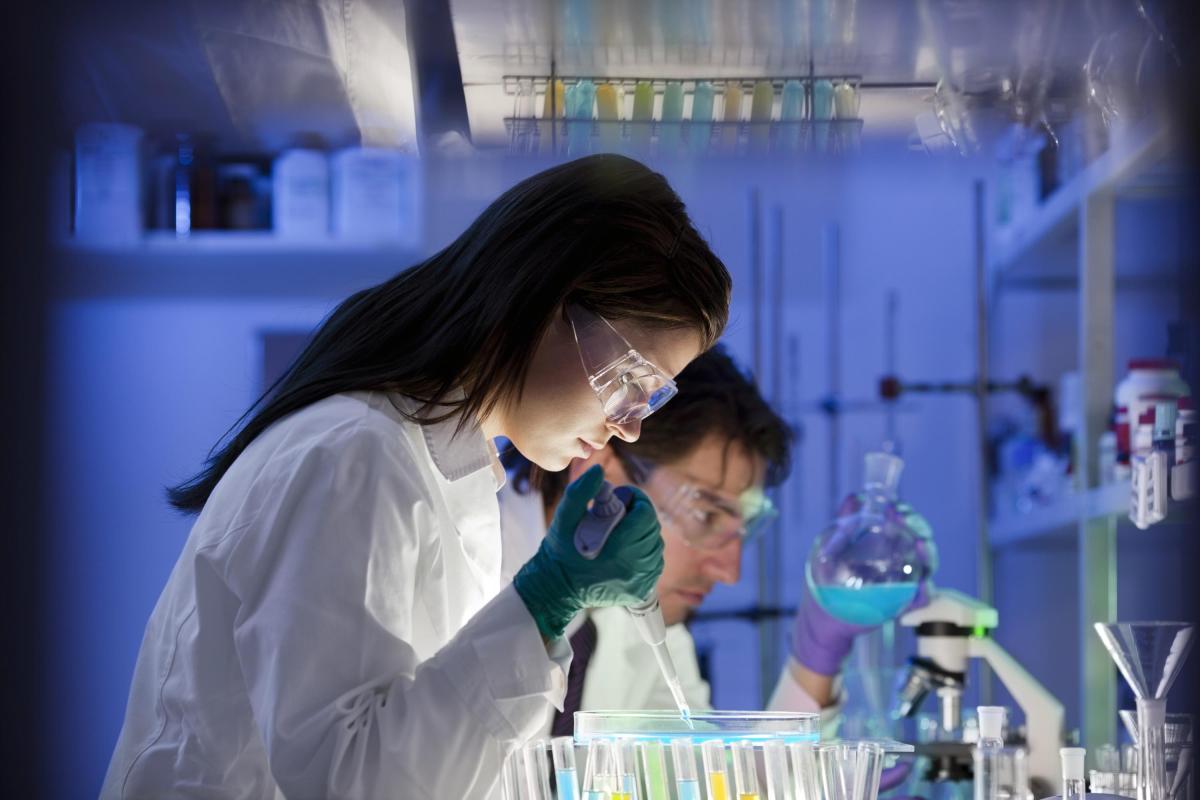Discover Why Chemistry Is an Engaging Based On Study
Chemistry stands as a critical technique that bridges the space in between the microscopic globe of atoms and the macroscopic phenomena we observe in our everyday lives. As we check out the diverse nature of chemistry, it becomes evident that its engaging aspects expand much past the classroom, triggering a closer look at its myriad effects on our globe.
The Structures of Chemistry
The foundations of chemistry include the basic principles and concepts that underpin the research study of issue and its communications. At the core of chemistry lies the atomic theory, which presumes that all issue is made up of atoms, the smallest devices keeping the buildings of elements. Comprehending atomic framework, consisting of protons, neutrons, and electrons, is important, as these subatomic bits determine chemical actions and bonding.
Chemical bonding, that includes ionic, covalent, and metal bonds, is another important facet, as it explains how atoms integrate to develop particles and substances. The concept of the mole offers a bridge between the microscopic globe of atoms and the macroscopic globe of quantifiable amounts, permitting drug stores to evaluate compounds in reactions.
Moreover, the principles of thermodynamics govern the power adjustments connected with chemical reactions, while kinetics explores the rates of these responses. With each other, these fundamental components create the basis for recognizing intricate chemical processes. By grasping these basic concepts, pupils and specialists alike can value the ins and outs of chemical communications, laying the foundation for more advanced study and application in various clinical areas.
Chemistry in Everyday Life
In our everyday routines, chemistry plays an important function, influencing everything from the food we eat to the items we use. The nutritional value of our dishes is a straight outcome of chemical processes, as various nutrients connect within our bodies to maintain health and wellness. For example, carbs, healthy proteins, and fats go through complicated chemical changes throughout food digestion, releasing energy and vital structure blocks for cellular function.
Additionally, home items such as cleaners, cleaning agents, and individual care things are developed utilizing chemical concepts. The efficiency of these products usually counts on the reactions in between different substances, which enhance their cleansing power or protect their security.
Furthermore, the chemistry of materials impacts our environment; the development of biodegradable compounds aims to lower air pollution while supplying functional alternatives to traditional plastics.
Comprehending these chemical interactions cultivates a better gratitude for the science that underpins modern-day benefits and innovations. By identifying the chemistry in everyday life, we can make enlightened decisions regarding our wellness, atmosphere, and customer choices, eventually boosting our lifestyle. This connection highlights exactly how chemistry is not simply an academic subject, yet a vital component of our daily existence.
The Role of Technology
Regularly, development drives improvements in chemistry, leading to innovations that improve sectors and boost our understanding of the all-natural world. The advancement of novel catalysts has actually revolutionized chemical reactions, making them much more effective and affordable.
In addition, the introduction of nanotechnology has opened new frontiers in chemistry. By manipulating matter at the atomic and molecular levels, drug stores can develop products with unmatched residential properties, leading the way for advancements in electronics, medicine, and energy storage space. Advancements in analytical techniques, such as mass spectrometry and chromatography, have actually additionally fine-tuned our ability to examine intricate combinations, causing improved quality assurance and safety and security in different industries.

Ecological Impact and Sustainability
Chemistry plays a vital role in attending to environmental influence and promoting sustainability throughout various markets. By understanding chemical procedures, scientists can establish cutting-edge options to lower contamination, preserve sources, and boost ecological health.
One considerable location of focus is the growth of environment-friendly chemistry, which stresses lasting methods that lessen harmful compounds and waste. Methods such as catalysis and bioremediation harness chain reaction to efficiently damage down contaminants, recovering communities and lowering the burden on garbage dumps.
In addition, chemistry is integral to the creation of renewable resource resources, such as solar cells and biofuels, which use alternatives to nonrenewable fuel sources. These improvements not only reduce greenhouse gas exhausts but also add to power protection and long-term sustainability.
In farming, chemistry help in the solution of environmentally friendly pesticides and fertilizers that enhance plant returns while decreasing ecological injury. Such methods are necessary for lasting food production, which is significantly important given the expanding worldwide population.
Eventually, the crossway of chemistry and sustainability fosters a deeper understanding of our world's systems, equipping neighborhoods and markets to make educated decisions that safeguard the atmosphere for future generations.
Job Opportunities in Chemistry
The junction of environmental sustainability and chemistry not only highlights the technique's importance in addressing international difficulties but additionally opens up a myriad of profession opportunities for aiming specialists. With a structure in chemistry, individuals can explore varied paths great site throughout different industries, consisting of pharmaceuticals, environmental scientific research, products advancement, and academia.

Additionally, products chemists are at the center of creating innovative materials, such as polymers and nanomaterials, which have applications in electronic devices, energy storage, and building and construction. Academia provides an additional rewarding track, where experts can participate in research and influence the future generation of scientists.

Conclusion
In summary, chemistry emerges as a captivating topic due to its foundational function in comprehending the details of the article source environment. Its relevance in daily life, payments to technical technology, and focus on ecological sustainability emphasize its relevance. The varied occupation chances offered in the area highlight its functional relevance in attending to modern difficulties. Engaging with chemistry not only enhances knowledge but also equips individuals to contribute meaningfully to society's advancement.